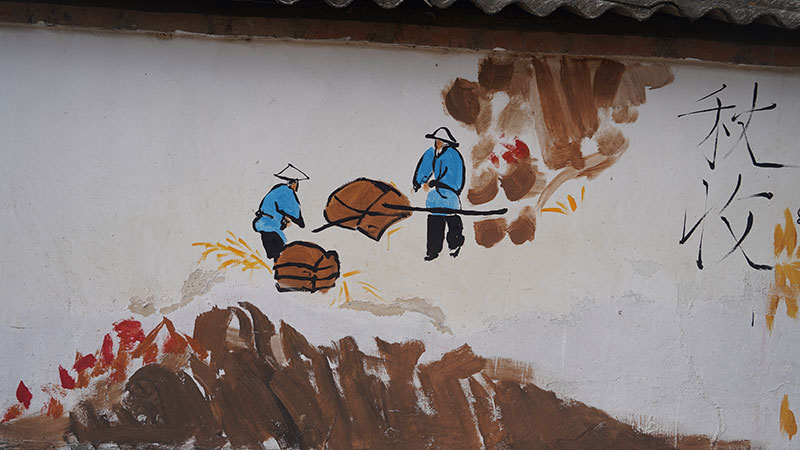China-Nepal railway to be a game changer, transform Nepal from landlocked to landlinked: former envoy

Leela Mani Paudyal (Yin Yeping/GT)
The China-Nepal cross-border railway project will be a game changer in the trans-Himalayan region connecting not only Nepal and China but also China and South Asia as a whole, Leela Mani Paudyal, a former Nepali ambassador to China, told the Global Times in an exclusive interview.
The remarks came as China-Nepal ties have been further strengthened after the visit of Nepali Prime Minister KP Sharma Oli to China earlier this month. During the visit, important consensuses were reached, including a pledge to "steadily advance the feasibility study of the Jilong/Keyrung-Kathmandu Cross-Border Railway, and planning to hold the 9th Working Meeting on China-Nepal Railway Cooperation," per a joint statement.
The Chinese side will continue to help Nepal train professionals in the field of railways. Both sides also expressed their readiness to sign the memorandum of understanding on building the Trans-Himalayan Multi-Dimensional Connectivity Network, according to the joint statement.
Talking about the significance of this project for China-Nepal bilateral trade and Nepal's economic development, Paudyal said that "the railway will enable Nepal to utilize the transit facility available to Nepal via China… The railway will transform Nepal from a landlocked country to land-linked one," the former envoy said.
China-Nepal bilateral trade has seen robust growth. From January to November 2024, it amounted to 13.50 billion yuan, a year-on-year increase of 18.1 percent, according to the latest data released by China's General Administration of Customs. Both imports and exports saw steady growth.
Given what has already been achieved, there is still potential for bilateral trade to be further boosted after the railway project is launched, the former Nepali ambassador said, adding that the railway will help link some of Nepal's industries to the value chain of Chinese production. "The railway will certainly boost trade and investment in Nepal," he said.
The railway project will not only support trade but also tourism, Paudyal said, as Nepal has become a popular travel destination for many Chinese visitors. According to data from the Nepali tourism authority, in November alone, at least 114,501 tourists visited the country, 9,458 of whom were from China.
During the Nepali Prime Minister's visit to China, the Chinese side expressed support for Nepal's declaration of 2025 as Nepal Visit Year in China, the Xinhua News Agency reported, indicating closer ties in the tourism sector between China and the South Asian country.
In a previous interview with the Global Times, Chinese Ambassador to Nepal Chen Song said that the China-Nepal railway comprises both a Chinese and Nepali section, and both sides were accelerating efforts to promote the project.
Meanwhile, Southwest China's Xizang Autonomous Region is steadfastly promoting the Xigaze-Jilong section of the railway according to its 14th Five-Year Plan (2021-25), which includes planning and building a stretch of railway at Jilong Port, Chen said, noting that related projects will constantly enhance the autogenic capacity of Nepal's economy and give wings to Nepal's development.
The railway project is just one example of growing China-Nepal bilateral cooperation. Paudyal said that China's support for Nepal's development efforts is commendable.
"Both the Belt and Road Initiative and Chinese support were aimed at facilitating the socio-economic development of Nepal; therefore, we reject any attempt to make this development initiative a geopolitical issue," Paudyal said, referring to some foreign media reports smearing China-Nepal cooperation.
Photos
Related Stories
- China, Nepal sign framework agreement to promote Belt and Road cooperation
- Road-rail service links China's plateau city with Nepal
- BRI cooperation to inject new impetus into Nepal’s economy and regional trade
- China-Nepal business community eyes practical co-op amid PM’s visit
- Railway can drive Nepal's BRI programs to new height
Copyright © 2024 People's Daily Online. All Rights Reserved.









